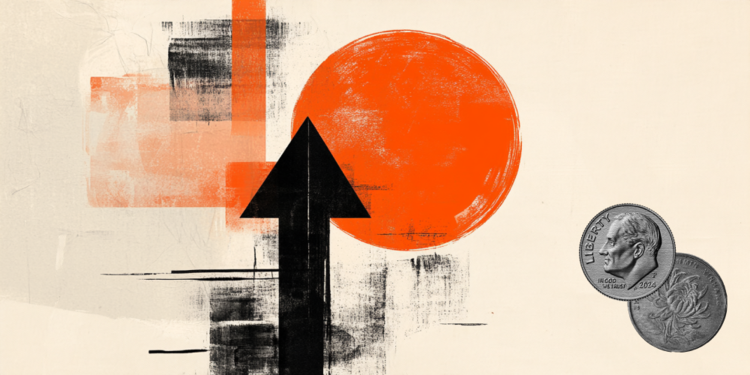Feelings such as unhappiness and loneliness significantly contribute to aging. according to one study published in the scientific journal Aging, psychological factors can also have health impacts, such as physical problems. Researchers from China and the United States say the findings reinforce the need for a psychologically pleasant environment for healthy longevity.
Longevity scholars use statistical models to measure a person’s biological age, as opposed to chronological age, a concept called “aging clocks.” While chronological age is determined by the date of birth, biological age depends on the intensity of aging processes and can be affected by genetics, behavior and the environment in which one lives.
In general, aging clocks are adjusted to predict an individual’s chronological age based on genetic parameters and clinical test results.
Researchers from China and the United States have developed an aging clock using blood test data from Chinese adults and elderly people with the aim of demonstrating the association between the physical and psychological aspects of aging. According to the research, the model is able to detect accelerated aging in people with heart, lung and kidney problems.
“We showed that psychological factors, such as feeling unhappy or lonely, add up to 1.65 years to biological age, and the aggregate effect outweighs the effects of biological sex, area of residence, marital status and smoking. We conclude that the psychological component should not be ignored in aging studies because of its significant impact on biological age.
Defining biological age
To define the biological age of the assessed group, information from the China Longitudinal Health and Retirement Study database was used. The nationwide study of the Chinese population over 45 years old presents information on respondents’ social and economic status, health history, biometrics and blood tests. Since its inception, it has been used to study the effects of nutrition, social bonds, and economic status on healthy aging.
The researchers used a combination of 16 blood biomarkers, seven biometric parameters and the biological sex of study participants to create a predictor of biological age. To see if the model’s predictions represented the pace of aging, they investigated whether people with diseases associated with aging would be older than healthy people.
“We have shown that the aging of the organism is not only determined by physical factors, but also, to some extent, affected by mental state and social status. We interpret biological age as a proxy for general health status and show that positive feelings (joy, hope, security) have a significant impact on the former”, say the experts.
In the study, biological age was represented by considering several psychological and social variables to measure their effects on the pace of aging. Considering previous work with datasets from the United States, the research points out that artificial intelligence-based models of psychological aging clocks are viable in all cultures.
Among East Asian countries, China has the lowest share of “successful” seniors: 15.7%. For research purposes, a “successful” elderly person is a person over the age of 65 without major disabilities and with normal cognitive function and social involvement. For comparison, the share of successful seniors is 29.2% in Japan and 25.5% in South Korea.
However, due to China’s large population, the number of people over 65 in the country is higher than in the whole of Europe. For researchers, understanding aging in China can provide important insights into aging around the world.
Experts argue that the findings further support the need for companionship and a psychologically pleasant environment for healthy longevity.
Source: CNN Brasil
I am an experienced journalist and writer with a career in the news industry. My focus is on covering Top News stories for World Stock Market, where I provide comprehensive analysis and commentary on markets around the world. I have expertise in writing both long-form articles and shorter pieces that deliver timely, relevant updates to readers.







